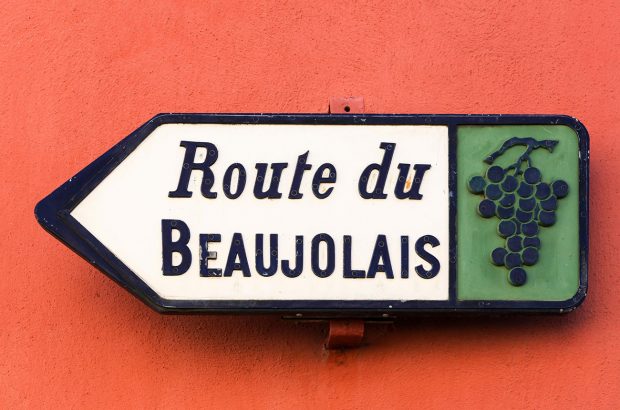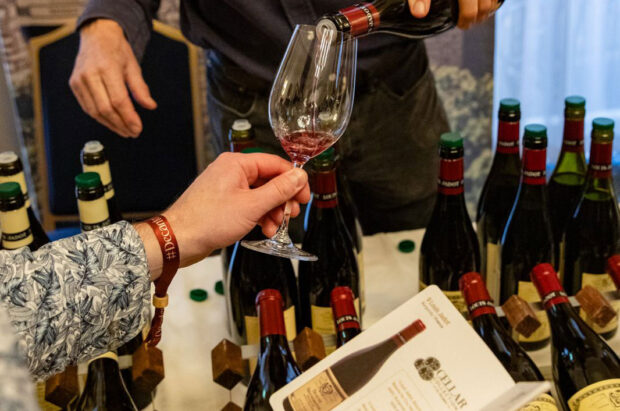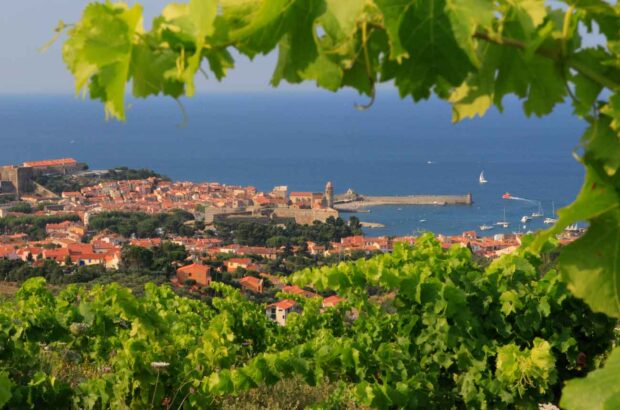Château Angélus recently joined forces with Cult Wines, a UK-based wine investment and collection management company, to offer a non-fungible token (NFT) guaranteeing ownership of one barrel of Angélus 2020 and the original 3D digital artwork.
One barrel is equivalent to 300 bottles.
Listed by Cult Wines on the OpenSea digital marketplace, the NFT also entitled the owner to a VIP experience at the St-Emilion Premier Grand Cru Classé A estate.
According to OpenSea records, an anonymous bidder paid $110,000 for the NFT on 23 July. The transaction was made in USDC, as a ‘stablecoin’ cryptocurrency that is pegged to the US dollar.
It’s a high-profile example of how some producers and traders are experimenting with a much-talked-about, emerging format.
NFTs are digital tokens underpinned by a unique ID that is stored on a digital ledger, or blockchain.
They have become a buzz-term in some parts of the digital media market this year, and in the world of collectibles. Christie’s made headlines after selling an NFT of a digital artwork by artist ‘Beeple’ for $69m (£50m).
However, it’s very early days. While implications for wine are still being explored, some believe NFTs could act as certificates of ownership, with blockchain technology making provenance more transparent.
Cult Wines said the collaboration with Angélus is ‘the first step of several’ that the merchant is planning with blockchain technology – already being employed in parts of the wine world.
‘Blockchain is a constantly evolving space that is fundamentally reshaping how wine is stored and authenticated,’ said Corey Parkinson, global head of product for Cult Wines.
Tom Gearing, Cult Wines’ CEO, told Decanter that experimentation in the digital marketplace may uncover new collectors and markets.
‘We have been committed from day one to evolving fine wine as an asset class,’ he said. He believes there is a younger generation of tech-savvy wine collectors. ‘These people are au fait with digital, with cryptocurrencies.’







